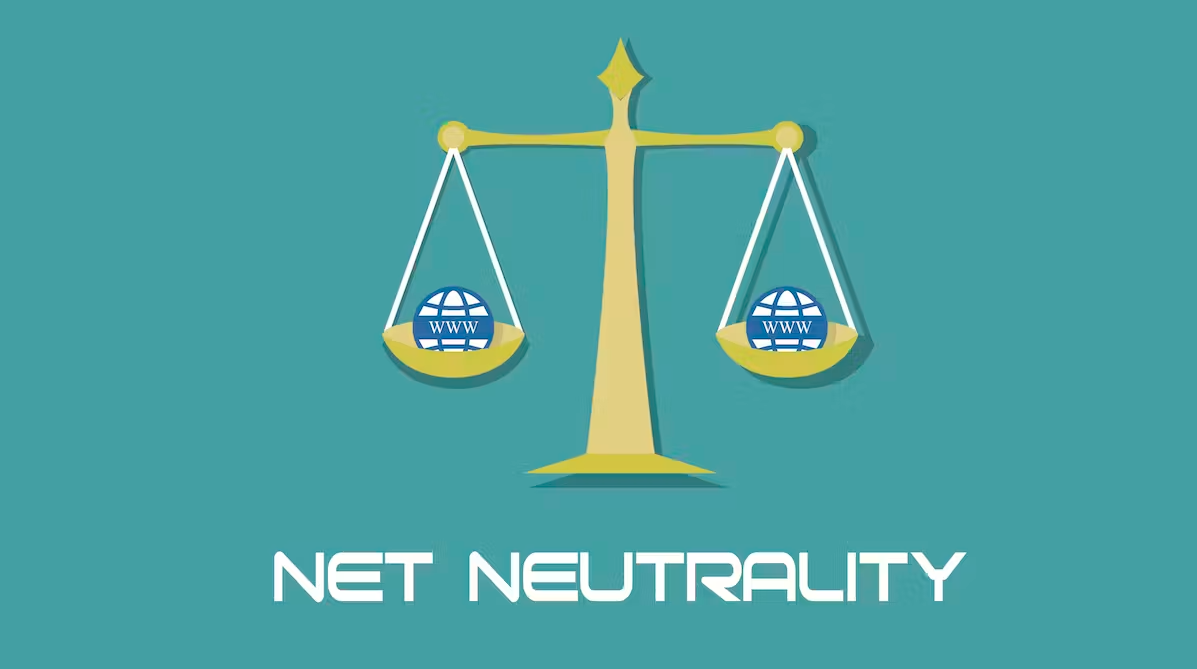Open Source DAO Controlled
Web3 VPN Protocol

Overview
VPN Protocol
Our VPN protocol is a decentralized communications protocol and open-source technology designed with the goal of providing unrestricted access to the Internet from anywhere.
more Secure and more Anonymous:
- Hybrid technology leveraging VPN and TOR standards
- DAO Controlled
- Web3 Access Layer, login ID is secured through the wallet
State of the art
Technology features
- Multi-layered encryption
- Single or multiple hops
- A powerful API
- Define your own circuit
- Tunnel all system traffic
- Tunnel specific apps
- Looks like regular traffic
- No user accounts needed
- Open Source
Multi-layered encryption
Traffic is encapsulated in layers of encryption and routed through a series of relays, each knowing only the required information to perform its job.
Single or multiple hops
Define the amount of hops you prefer in a circuit, less for lower latency, more for increased privacy.
A powerful API
The client controller provides a REST API used by the CLI, but opens the door for GUI's, web frontends, browser extensions, router and custom integrations.
Define your own circuit
By default relays are selected randomly based on the number of hops configured. Want to use a specific relay or series of relays? Don't want to use others for any reason? Define a whitelist.
Tunnel all system traffic
All traffic on the system (both TCP and UDP) can be tunneled through the connection broker using the TUN device, just like a regular VPN client.
Tunnel specific apps
Any application that supports the SOCKSv5 protocol can be configured to route its traffic through the connection broker. Have an app that doesn't support SOCKS? Intercept its socket connections.
Looks like regular traffic
Connections are encrypted, multiplexed and encapsulated into regular TLS HTTP/2 traffic. Regular connections to example.com and relaying traffic via example.com look pretty much identical.
No user accounts needed
Access to VPNcrypto networks is performed with accesskeys, used to cryptographically and independently generate tokens for relays to authorize service.
Open Source
Source code for the client and the relay is available on GitHub, and published under the MIT license. You can build from source, browse the code, and contribute.
More detailed
Protocol Articles



Mainnet ready
Technology stack
The technology stack is the result of a lengthy, ethically guided and thoroughly considered research endeavor.
Decentralized open source platform that any VPN provider can use
- A decentralized sustainable routing layer on the Internet that enforces net-neutrality based on collateral freedom, compartmentalized liability, increased privacy, and a sound economic model properly incentivizing network participation.
- A distributed value transfer protocol solving issues of payments and compensation validity by employing in-band compensation* but with out-of-band payment intermediaries between customers and service providers, defining service parameters, and facilitating with disbursement of funds provided by a customer to service providers proportionally for service provided, based on proof of service.
The most
Frequently Asked Questions
Can any VPN provider use the VPNcrypto protocol?
Yes, the protocol is completely open and functions as a marketplace between VPN providers and VPN server providers.
Meaning that any VPN provider can choose to route their user traffic through the protocol and only pay for what they actually use. A huge cost saver as there is no need for their own server park and infrastructure.
Who will use the protocol from day 1?
We have 2 user groups that will use the protocol from day 1:
1. Web2 userbase coming from the Whitelabel VPN exisiting business, this consists of well over 44,000+ VPN users. Protocol fee will be paid from tokens bought from the market.
2. VPNcrypto Web3 Free userbase. Protocol fee will be paid from the treasury.
How can I earn the Protocol fee?
Staking tokens into the Server Pool will yield 100% of server revenue distributed proportionally.
Which currency does the Protocol support?
All fees are settled in the VPN token, participants can pay however with Fiat or Stable coins, the Protocol will simply convert other currencies by purchasing the VPN token with it on the market.
